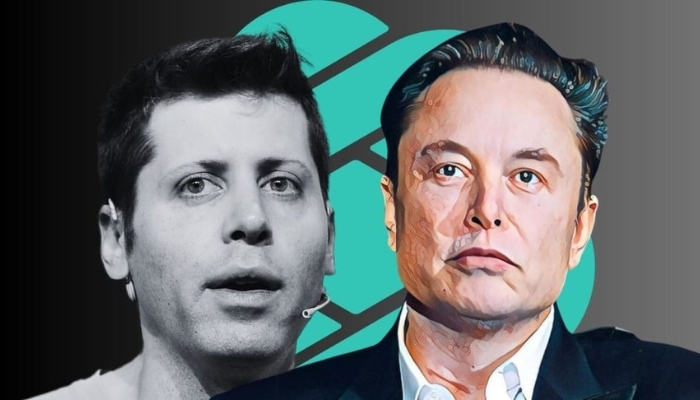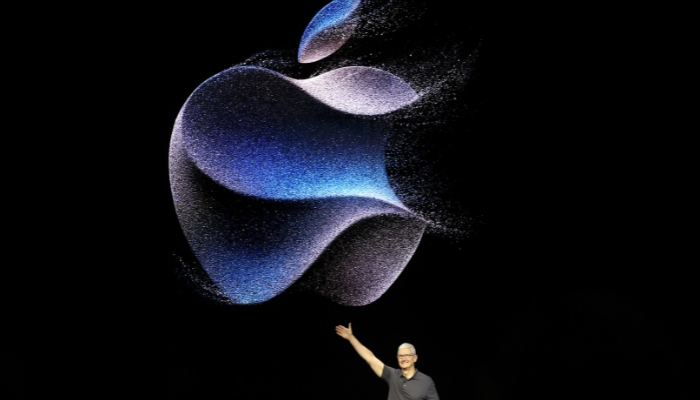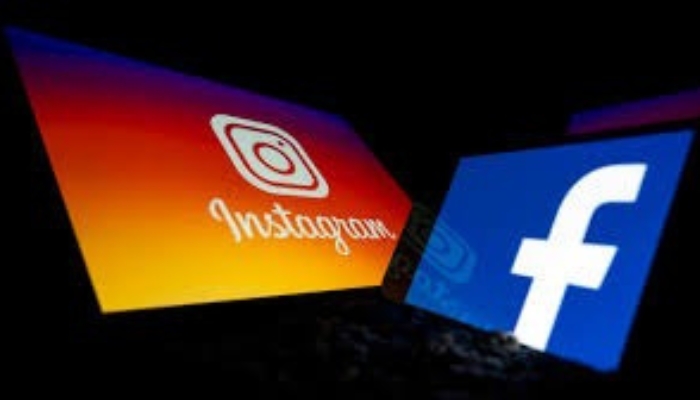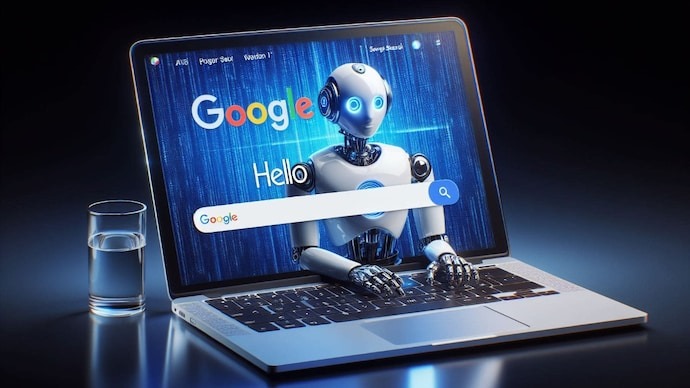
Last updated on April 5th, 2024 at 08:01 am
The developer of ChatGPT releases emails supporting the claim that Tesla’s CEO supported the creation of a for-profit unit
OpenAI has responded to Elon Musk’s lawsuit, countering accusations of betraying its altruistic origins by asserting that Musk had indeed supported the company’s plans to establish a for-profit division.
In a blog post, executives of the ChatGPT developer shared what they asserted was past email correspondence with Musk, in which he suggested merging the San Francisco-based startup with Tesla.
According to the blog post, Musk seemed to indicate in a 2018 message that OpenAI should become attached to the electric carmaker “as its cash cow,” and added in another email, “Tesla is the only path that could even hope to hold a candle to Google.”
Authored by OpenAI executives, including CEO Sam Altman, the blog post claims that in 2017, “we and Elon decided the next step for the mission was to create a for-profit entity.”
Last week, Musk filed a lawsuit against OpenAI, where he was a founding board member, alleging that the organization had strayed from its original mission by establishing a for-profit division, thereby prioritizing profit over its core objective of developing technology for the betterment of humanity.
Musk departed from OpenAI’s board in February 2018, and approximately a year later, the ChatGPT developer launched a for-profit subsidiary, with Microsoft as its primary investor – a point of contention highlighted in Musk’s lawsuit.
“We are disappointed that it has come to this with someone we have long admired – someone who inspired us to set higher goals, then predicted our failure, initiated a competitor, and now litigated against us as we made significant strides towards fulfilling OpenAI’s mission without his involvement,” wrote the executives.
The company announced its intention to pursue a court dismissal of Musk’s breach of contract claim, which was filed in a San Francisco court.
In his lawsuit, Musk alleges that OpenAI “has evolved into a closed-source de facto subsidiary of the largest technology company in the world: Microsoft.”
The emails also indicate Musk’s apparent support for the company’s efforts to raise billions of dollars. “Even raising several hundred million won’t suffice. This requires billions per year right away or it’s not worth pursuing,” he wrote in a 2018 email, sent after his departure from the OpenAI board.
OpenAI stated that the suggestion for merging with Tesla arose after Musk and the company agreed that the next step was to establish a for-profit entity to raise funds for developing artificial general intelligence (AGI). AGI is a theoretical form of AI capable of performing various tasks at or above human levels of intelligence.
Following this decision, Musk, who recently lost his title as the world’s richest person to Amazon’s Jeff Bezos, reportedly sought a majority of equity, initial board control, and the role of chief executive at OpenAI.
However, OpenAI and Musk failed to reach an agreement on the terms of a for-profit entity. The startup believed that granting any individual absolute control over the firm contradicted its mission.
In his lawsuit, Musk claimed that he and OpenAI’s co-founders, Sam Altman and Greg Brockman, had initially agreed to work on AGI in a manner that would “benefit humanity.” He alleged that the company had deviated from this commitment by partnering with Microsoft.
Musk also claimed that he had urged OpenAI to announce an initial funding commitment of $1 billion in 2015, after Altman and Brockman initially planned to raise $100 million.
OpenAI’s response to Musk’s allegations coincided with Microsoft filing a motion to dismiss a lawsuit brought by the New York Times last year against both companies. The lawsuit accuses Microsoft and OpenAI of copyright infringement for using NYT content to train their AI models. The filing on Monday accused the NYT of promoting a narrative of “doomsday futurology” regarding AI’s potential impact on the news industry.
The Microsoft filing begins with a comparison between the news industry’s concerns about AI and Hollywood’s fears about the impact of VCRs (video players) on film studios. Microsoft stated, “In this case, The New York Times uses its might and its megaphone to challenge the latest profound technological advance: the Large Language Model,” and added that “the entertainment industry flourished when the VCR opened new markets and revenue streams.”
Elon Musk and Tesla have been contacted for a response.





